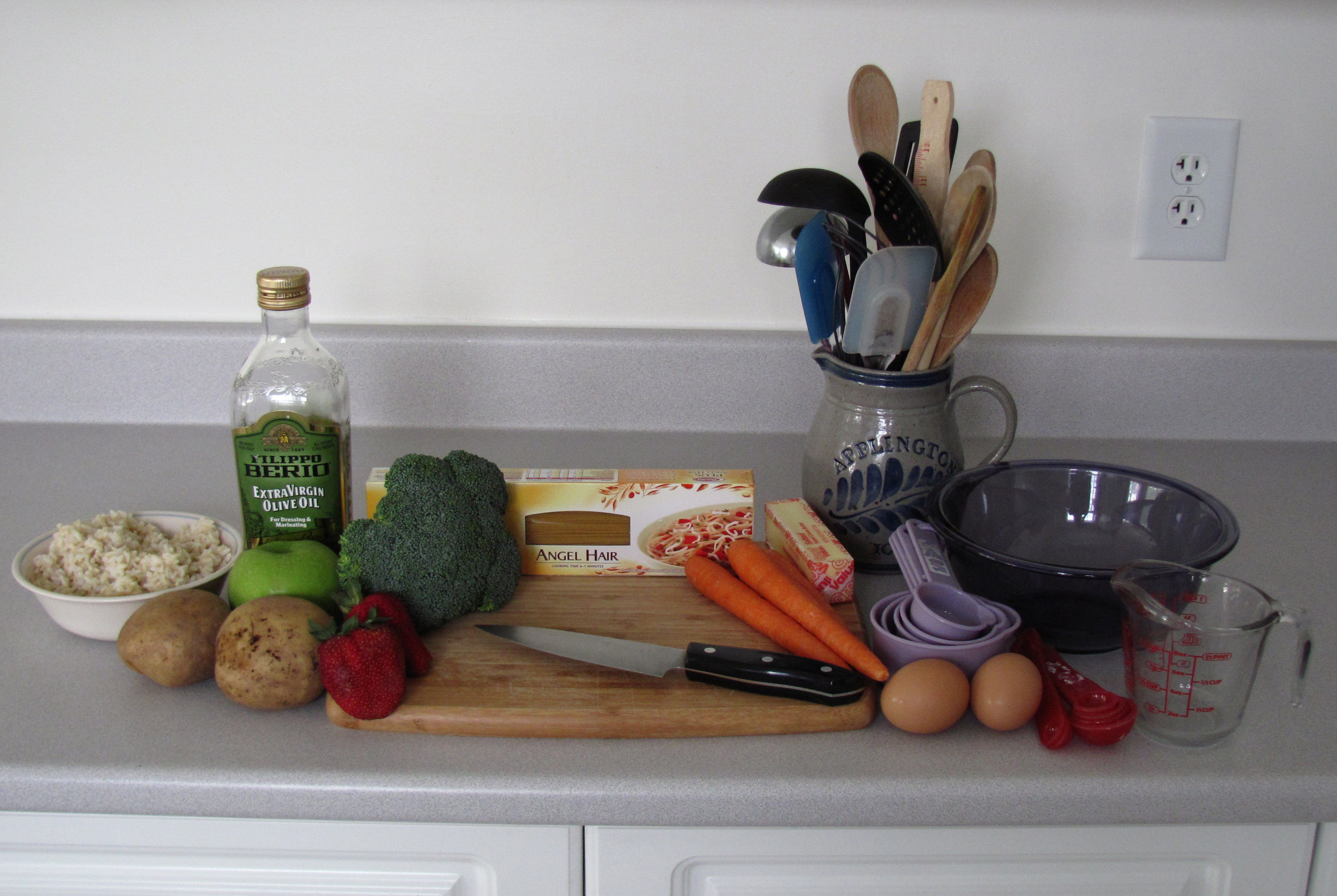


by Cailin R. Heinze, VMD, MS, DACVN
JULY 14, 2016
IN ALL ABOUT PET FOOD, FINDING THE BEST FOOD FOR YOUR PET, PETFOODOLOGY BLOG, TRENDING TOPICS IN PET NUTRITION
You’re chopping and sautéing, working on your favorite dish, while your dog or cat sits at your feet, looking up at you with those pleading eyes. You know that they would enjoy it if you cooked for them as well, but should you really toss out the kibble and cans and pick up your knives and skillet instead?
Cooking for our pets can be very appealing for those of us who have time to do it; however, there is no evidence to support claims that home-prepared diets are healthier than commercial diets. Despite what you may have read, very few pets actually need to be fed a home-cooked diet because of health reasons and an improperly prepared home-cooked diet can seriously harm your pet’s health, especially for a growing kitten or puppy.
Many pet owners are surprised to find out that cooking for a pet isn’t necessarily as simple as cooking for their human family. Whereas all commercial pet foods must legally meet or exceed certain amounts of nutrients to be marketed as “complete and balanced foods”, studies have shown that the vast majority of recipes that pet owners design for their pets, or obtain from magazines, books, or the internet are deficient in one or more essential nutrients. A big problem is that these inadequate levels of nutrients may not be evident for weeks or even years in adult animals, until the pet has a serious health problem that may not be easily reversed.
Unfortunately, as veterinary nutritionists, we often see the sad stories – the puppies that are brought to our hospital emergency room with broken bones and seizures due to inadequate nutrients and the adult cats with severe heart disease and blindness because of taurine deficiency. While occasional home-cooked meals for adult pets on special occasions (holidays, birthdays) in healthy pets are unlikely to cause any health issues other than potentially an upset stomach (as long as foods toxic to dogs and cats are avoided), more care is needed to make a diet that a pet will be eating on a daily basis if these kind of tragedies are to be prevented.
There are literally hundreds of sources of recipes for home-made pet food on websites and in magazines and books and some of these sources are much more reputable than others. The best pet food recipes will include very precise amounts of specific ingredients (e.g. 100 grams of boneless, skinless, baked chicken breast and 45 grams of baked, mashed sweet potato vs “1 cup of chicken or fish or pork and 1 cup of cooked vegetables”), and will include added sources of vitamins and minerals such as calcium, B vitamins, iron, zinc, and essential fatty acids. While a “whole foods” approach where every nutrient comes from food, not supplements is appealing, it is nearly impossible to meet all of a pet’s nutrient needs without adding concentrated supplements. Supplementing a pet diet is not as simple as taking a trip to the local pet supply store, though.
Most vitamin and mineral supplements marketed for pets are not sufficient to bring the nutrients in a home-cooked diet up to the levels to meet pet requirements, so specific veterinary supplements or multiple human supplements (potentially as many as 7-9 different products, depending on the diet ingredients) are typically needed to ensure that all essential nutrients are included in appropriate amounts. The amount of each nutrient needed depends on both the diet ingredients and also on the specific pet.
If you’d like to try cooking for your pet, the best way to ensure that your pet’s diet is meeting all of his nutritional needs is to obtain your recipe from the pet equivalent of a registered dietician – a veterinarian with board certification in veterinary nutrition (www.acvn.org) or with a PhD in animal nutrition and experience formulating pet diets. These individuals will use computer software to put together the right mix of ingredients and supplements to produce a diet that will provide for a pet’s nutritional needs. If your pet has health problems, it is even more important that you seek qualified assistance from a board-certified veterinary nutritionist.
Once you get a good recipe, it’s your job to follow it exactly – seemingly benign substitutions such as swapping one meat for another can dramatically alter the nutrients and calories provided by the diet. Not making changes to a recipe may be harder than it seems – we recently surveyed our clients who had purchased home-cooked diet recipes from us over the past few years. Greater than 80% of pet owners had made changes to their recipes, either minor or major, without consulting us and many of these changes had the potential to lead to inadequate or excessive nutrients in the diet.
In summary, home-cooked diets can be healthy, if time-consuming, options for feeding our pets, but they should not be undertaken lightly. They should not be fed to growing kittens or puppies or pregnant or nursing animals. The best way to ensure that your pet’s home-cooked diet is healthy is to obtain a recipe from a veterinary nutritionist and follow it to-the-letter.
Cailin R Heinze, VMD, MS, DACVN
References:
Larsen JA, Parks EM, Heinze CR, et al. Evaluation of recipes for home-prepared diets for dogs and cats with chronic kidney disease. J Am Vet Med Assoc 2012;240:532-538.
Heinze CR, Gomez FC, Freeman LM. Assessment of commercial diets and recipes for home-prepared diets recommended for dogs with cancer. J Am Vet Med Assoc 2012;241:1453-1460.
Stockman J, Fascetti AJ, Kass PH, et al. Evaluation of recipes of home-prepared maintenance diets for dogs. J Am Vet Med Assoc 2013;242:1500-1505.
Johnson LN, Linder DE, Heinze CR, Freeman LM. Evaluation of owner experiences and adherence to home-cooked diet recipes for dogs. J Small Anim Pract 2016;57:23-27.



